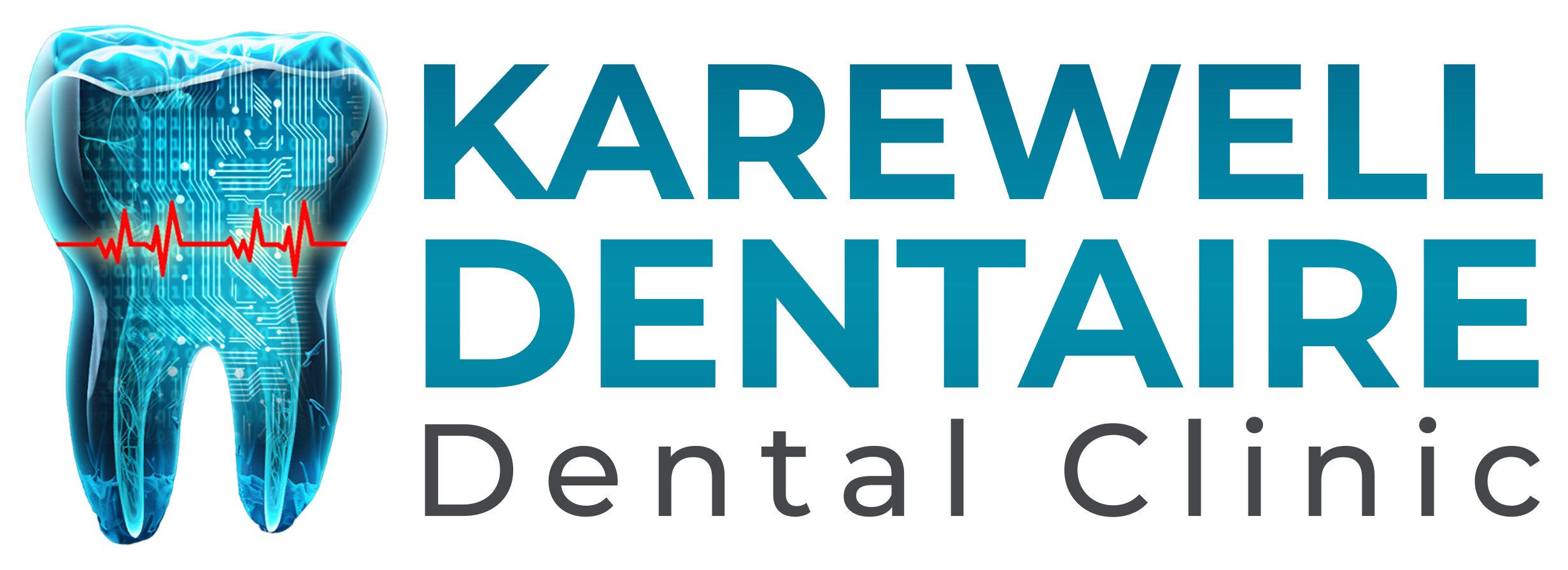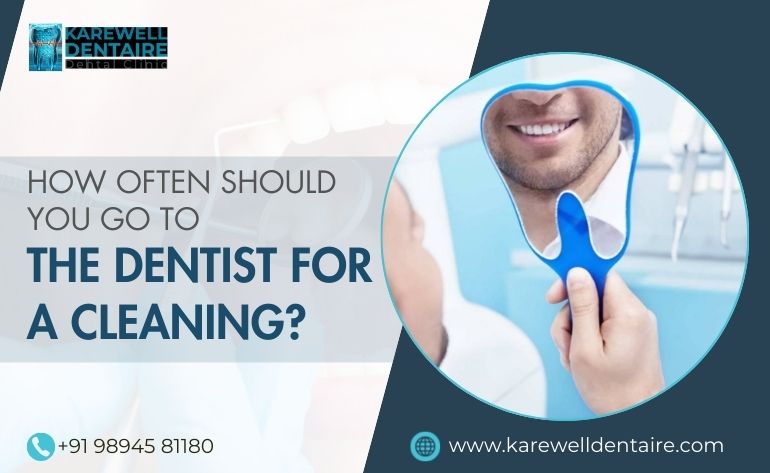Taking care of your teeth is very important for maintaining overall health, but when it comes to dental care, one question often pops up: How often should I visit the dentist for a cleaning? It’s an important question because regular cleanings play a key role in keeping your smile healthy and bright. Let’s explore why dental cleanings are crucial and how often you should schedule one.
Why Are Dental Cleanings So Important?
You might wonder why you can’t just brush and floss your teeth at home and call it a day. While good oral hygiene habits like brushing twice daily and flossing are important, they can't always do the job alone. Plaque and tartar (hardened plaque) can accumulate on your teeth even with the best at-home dental care. Professional cleaning can help with this.
Dental cleanings are intended to get rid of tartar and plaque that are inaccessible with normal brushing and flossing. Plaque turns into tartar when it remains on teeth for an extended period of time, and only a dentist can remove it.
Professional cleanings help prevent issues like cavities, gum disease, and bad breath. Plus, cleanings allow your dentist to check for any potential problems early on, so they can be addressed before they become more serious.
How Often Should You Get a Cleaning?
For most people, the general rule of thumb is to visit the dentist for a cleaning every six months. Here’s why:
- Plaque and Tartar Build-Up
Over time, plaque can still build up on your teeth despite regular cleaning and flossing. If it’s not removed, it can turn into tartar, which can only be professionally cleaned. By going every six months, your dentist can ensure that plaque and tartar don't have the chance to build up to dangerous levels. - Gum Health
One of the most common dental issues that people face is gum disease, which starts as gingivitis (inflammation of the gums) and can progress to periodontitis (serious gum disease that affects the bone). Regular cleanings are important because they help remove plaque that can irritate the gums, preventing gum disease from starting or progressing. - Catch Problems Early
Even if you feel like your teeth are in good shape, there could be hidden problems that only a dentist can detect. Regular visits allow your dentist to identify issues like cavities, early signs of oral cancer, and gum disease before they cause major problems. - Brighten Your Smile
While cleaning isn’t a full whitening treatment, it can help brighten your smile. Removing plaque and tartar buildup can make your teeth look cleaner and whiter, improving your overall appearance and boosting your confidence.
Are There Any Exceptions to the Six-Month Rule?
While six months is the standard, there are a few exceptions. Your dentist might recommend a different cleaning schedule based on your unique oral health needs. Here are a few scenarios when more frequent cleanings may be necessary:
- If You Have Gum Disease
If you have a gum disease, then your dentist might advise more frequent cleanings—every three to four months. Because plaque and bacteria can accumulate quickly, people with gum disease require more care, and more frequent cleanings help keep the condition from worsening. - If You Have Braces or Dental Appliances
You may need cleanings more often if you wear braces, dentures, or other dental appliances. Braces and appliances can trap food and plaque, making it harder to clean your teeth effectively at home. Extra visits to the dentist can help ensure that your oral health stays on track. - If You Smoke or Have Other Risk Factors
Your risk of acquiring oral health issues may be increased by smoking, eating poorly, or having certain medical disorders (such as diabetes). Your dentist could suggest more frequent cleanings to assist maintain the health of your teeth and gums if you fit into any of these categories.
What Happens During a Dental Cleaning?
Getting your teeth cleaned at the dentist is usually simple and non-invasive. You can anticipate the following during your appointment:
- Examination: If required, your dentist will first examine your mouth and take X-rays. This enables them to look for any hidden problems.
- Plaque and Tartar Removal: Using special instruments, the hygienist will remove any plaque and tartar from your teeth, including the areas above and below the gumline.
- Polishing: Your teeth will be polished following cleaning to get rid of any last bits of plaque and to give them a smooth, glossy appearance.
So, if it’s been a while since your last cleaning, don’t wait any longer! If you are looking for professional teeth cleaning in Pondicherry, book an appointment at Karewell Dentaire.

